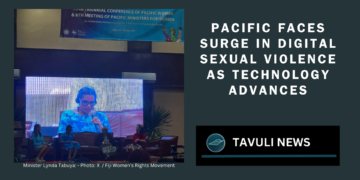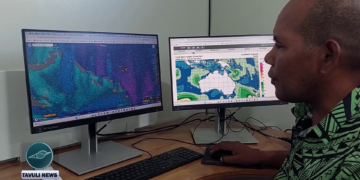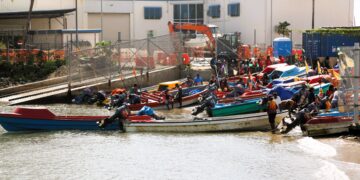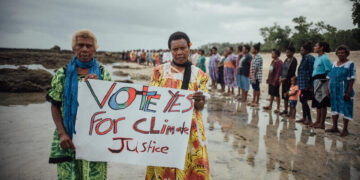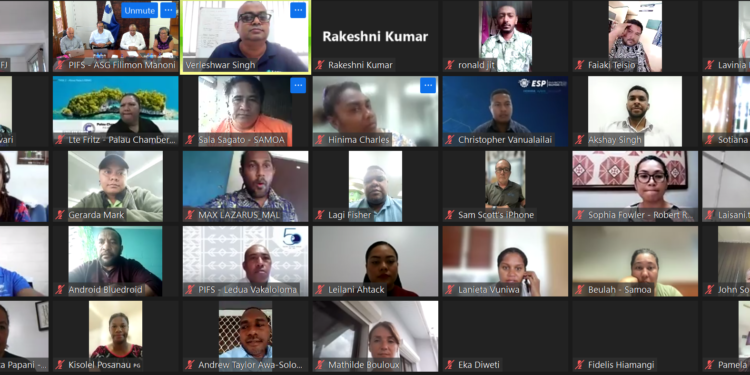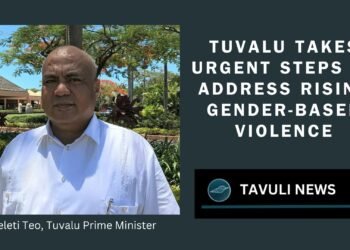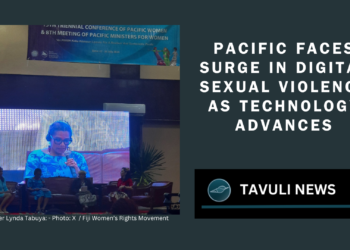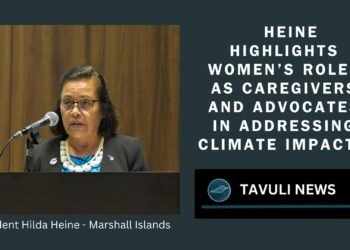Over one hundred participants from across the Pacific region will be part of a tailor-made climate resilience for sustainability training programme.
The participants represent the private sector in the region and will be beneficiaries to this virtual training programme which focuses on climate change and its impact on Pacific business.
Adaptation and mitigation strategies as well as enabling participants to identify and tap into funding sources to implement climate adaptation measures for organizational sustainability, will be key components of the training.
The course will also cover a range of topics aimed at equiping participants with knowledge, tools, and techniques in areas of alternative energy options, food security, data analysis, and business sustainability.
Upon completion of all twelve modules of this training, expected to be in late June, participants will receive a certificate of completion from USP Pacific TAFE.
Acting Secretary General, Dr. Filimon Manoni, acknowledged the support from the European Union while congratulating the participants, and encouraged them to make the most of the opportunity.
“On the whole, our region recognizes the critical role that the private sector plays in building the resilience of communities in the Pacific, and building on this, the 2050 Strategy for the Blue Pacific Continent emphasizes that we work as a collective as countries and stakeholders – including the private sector,” said Dr. Manoni.
He also added that “In 2022, Forum Economic Ministers emphasized the need for all of us to strengthen our economies, particularly in the post-COVID era. And as part of this they highlighted the key role that the private sector must play in this.”
Zarak Khan, Director of Programmes and Initiatives at the Pacific Islands Forum Secretariat said it is encouraging to see continued donor support towards helping strengthen the capacity of our private sector stakeholders.
“It is good to see the private sector’s interest in upskilling themselves with respect to impending climate change issues. Having a better understanding of these key issues will not only enable the participants to respond to climate change better but also allow businesses to be more sustainable in the future,” said Khan.
Source: PIFS


